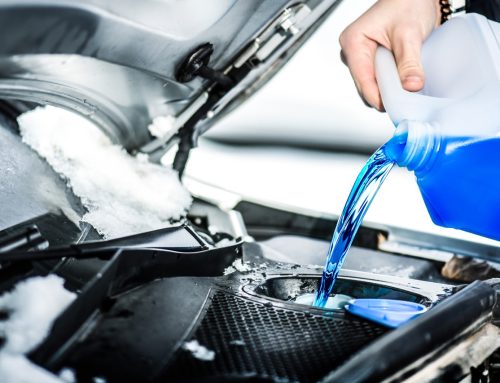Your transmission is an extremely important part of your vehicle. It is what transmits the power from your engine to your drive mechanism. Without your transmission, your vehicle would simply not function. It is also extremely expensive to repair or replace. For these reasons, it is important that you take the steps necessary to car for your transmission so that it serves your vehicle for as long as it possibly can.
The first important step is to make sure that your transmission is regularly serviced by a certified Utah auto repair shop. This service is important so that your transmission fluid is checked for its level, color, and smell. It will also check the other areas of your transmission for the early warning signs of trouble. Early detection means that any potential problems can be taken care of when they are small and relatively inexpensive.
Outside of regular check-ups, pay attention to how your vehicle is performing. If you notice any odd behavior, such as strange noise,
slipping, or early or late shifting, take your vehicle in to your auto repair shop to have it checked out.
Along with having your transmission checked, there are other areas of your car that have a direct impact on how your transmission performs. This includes your engine and your cooling system. With automatic transmissions, the system depends on the engine’s vacuum as its source of control over the shift quality and hydraulic pressure of your transmission. For this reason, it is important that your engine is well tuned. Overheating is also one of the biggest causes for transmission failure, so make sure that your cooling system is in good repair.
Outside of regularly checking these systems, there are several driving habits that can lead to transmission failure. Here is a list of things that you SHOULD NOT do in order to protect your transmission:
• Don’t drive on mismatched or spare tires for excessive periods of time when you have a front wheel or all wheel drive vehicle.
• Don’t spin you
r tires on turns (front wheel drive vehicles)
• Don’t overload your vehicle
• Don’t rock a stuck (either in snow, mud, or sand) vehicle back and forth
• Don’t drag race
• Don’t move your gears into another range until you are at a complete stop
• Don’t drive your vehicle when you are suspicious that you have a transmission problem or your transmission fluid level is low.
• Don’t drive on dry pavement in 4×4 range unless your vehicle is automatic 4×4 or all wheel drive







